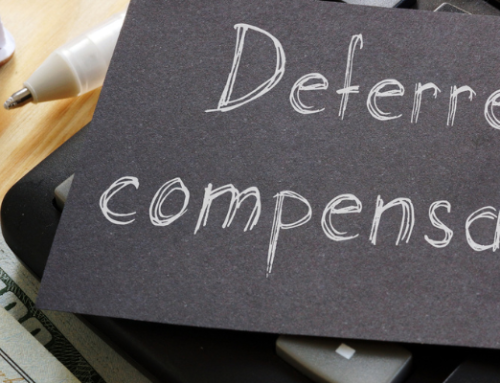By Neena Shukla, CPA, CFE, CGMA, FCPA, CTP
In the dynamic world of government contracting, finding and securing the right talent is more than just a necessity—it’s a strategic imperative. The unique nature of this sector, with its stringent requirements and high stakes, presents a set of recruitment challenges unlike any other. Understanding these obstacles is the first step towards overcoming them and achieving sustained success in your projects.
The Nature of Government Contracting Work
Government contracts often involve complex, sensitive projects that require not just skilled professionals, but individuals who can navigate the intricacies of working with federal agencies. The work may range from defense to technology to infrastructure, encompassing a broad spectrum of disciplines and expertise. Each project not only demands high-level skills but also a strict adherence to compliance and ethical standards.
Security Clearances: A Recruitment Hurdle
One of the most significant hurdles in recruiting for government contracting is the security clearance process. Many government contracts require employees to have active security clearances due to the sensitive nature of the work. Obtaining such clearances is a time-consuming process, often taking several months or even years. For government contractors, this means planning recruitment far in advance and managing the complexities of clearance renewals and transfers.
Strategies for Streamlining the Recruitment Process
- Proactive Clearance Management: Encourage potential hires to initiate the clearance process early, even before a job offer is extended, if they are in roles commonly requiring clearance. Maintaining a pool of cleared candidates can significantly reduce hiring delays.
- Engage with Security-Cleared Talent Pools: Utilize platforms and job fairs that cater specifically to professionals with existing security clearances. Establishing relationships with military transition programs can also be a fruitful avenue, as veterans often come with the requisite clearances and a strong work ethic.
- Clear Communication of Requirements: Job postings should clearly state security clearance requirements and the expectations regarding the handling of classified information. This ensures that applicants are well-informed about the prerequisites and reduces the risk of misunderstandings later in the recruitment process.
- Invest in Internship Programs: Building internship programs that target students in relevant fields can create a pipeline of future employees. These programs can include assistance in obtaining initial clearances, providing students with valuable early exposure to the world of government contracting.
Embracing the Challenges
The recruitment challenges in government contracting are daunting but not insurmountable. By understanding the specific demands of the industry and implementing targeted strategies, companies can not only streamline their recruitment processes but also enhance their ability to secure the best talent. This proactive approach in recruitment is crucial for maintaining competitiveness and achieving success in the government contracting arena.
In conclusion, while the hurdles are many, the opportunities within the government contracting sector are vast. Companies that can effectively navigate these recruitment challenges can build a resilient and capable workforce, well-equipped to handle the complexities of government projects. Understanding these unique challenges is the first step in transforming potential obstacles into opportunities for growth and success.





